Book Review: NDN Coping Mechanisms by Billy-Ray Belcourt
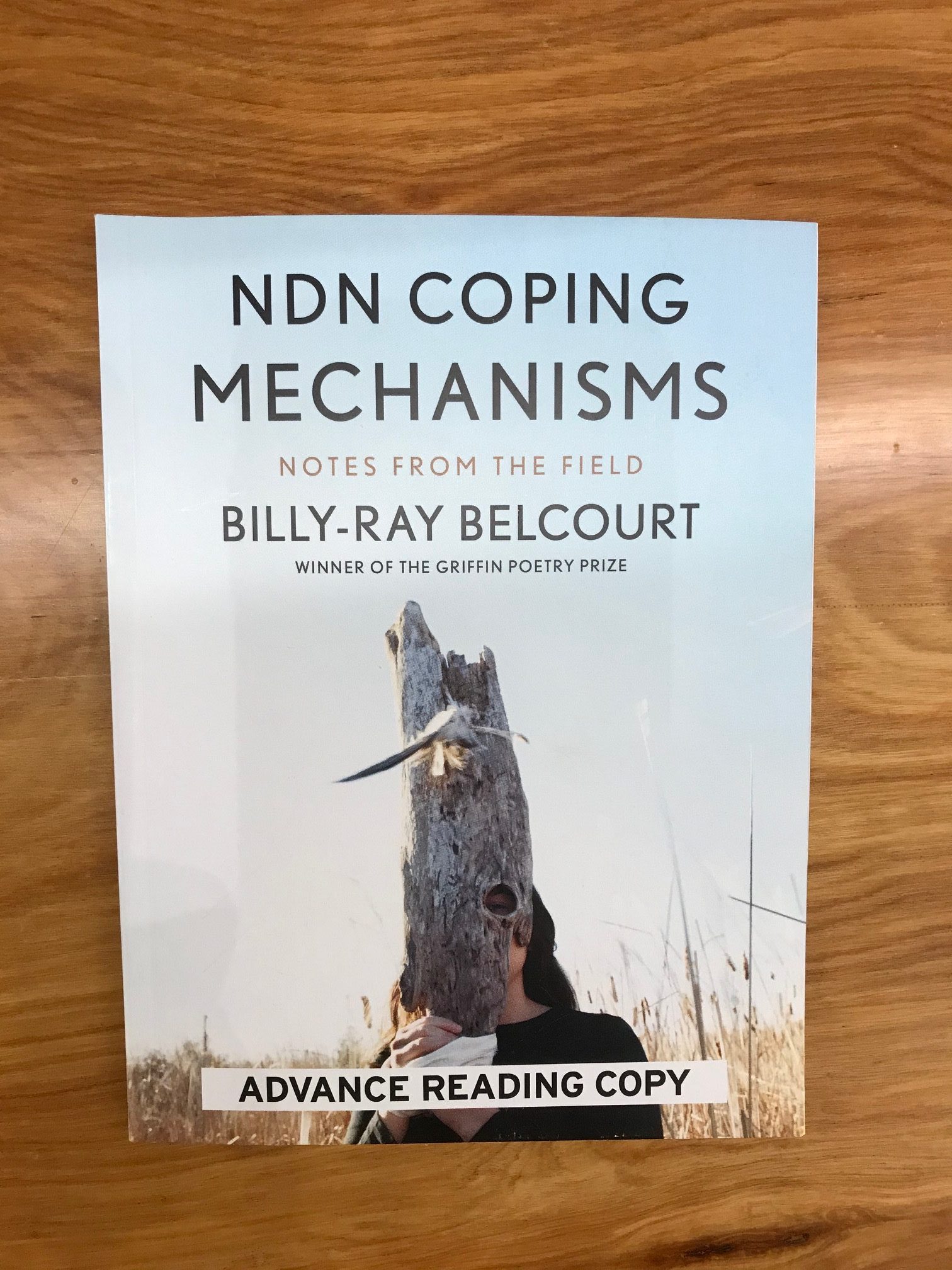
It’s the inaugural I Read Canadian Day today (February 19), and to celebrate I’m highlighting a Canadian book published by a Canadian press, written by an Albertan. NDN Coping Mechanisms by Billy-Ray Belcourt was published in 2019 by House of Anansi Press. It’s a book of poetry that includes a complicated mix of literary theory, photographs and experimental verse. This is not an ‘easy’ boo, in any sense of the word; the language can stray into academic territory, complicating an already complicated topic, and as a reader I felt tangled up in the words more often than not. That being said, I love a book that makes me uncomfortable, because it shows me where my biases exist (rightly, or wrongly). Tension is incredibly high right now in Canada, with Indigenous land rights being a major topic of contention, and although I don’t feel comfortable commenting on that particular minefield, I can say one thing for certain; reading voices that are different to your own is the best way out of any conflict. A book of poetry written by a gay, indigenous man is about as different from my own viewpoint as possible, which is why I picked it up in the first place, and recommend you do as well. The perspective will draw you in, but the beautiful choice of words will keep the pages turning.
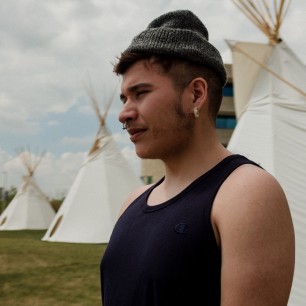
I don’t read a lot of poetry, but it’s never a daunting task for me to start because I can read it so quickly. That being said, unlike a novel which I’ll never re-read (too many other books to discover!), poetry begs for a close examination, especially a book chock-full of symbolism like this one. No stranger to the deeper examination of words and their meaning, Belcourt’s words are heavy with importance and intention, his comfort in interacting with other artist’s theories obvious. At the end of the book he includes an extensive list of inspirations for his work, sometimes taking a phrase or two, or simply explaining how observing one work led to creating his own. The care he takes in ensuring all artist are recognized is telling; while his poems detail the ways his own history and pain are being trodden over, he takes the times to highlight work aside from his own, slowly righting the wrongs of history in his own way.
I love the fact that he included photos, because this gave me a window into imagining the setting for all his poems. Poetry is so abstract, but as a lover of a good plot, I found the images of landscapes helped to root me down, making everything seem much more concrete.
I had mentioned above that some of his poems were experimental-the picture below is a great example of this. That particular piece is titled “Treaty 8” which I assume includes actual text from that particular treaty. I really appreciate this unique use of text here because the treaties themselves held such an imposing power over Indigenous populations for so long (and potentially still do) that this re-imagining of it is quite clever and affecting. In other poems, I was surprised to see he included his own, full name when he references himself. Is it surprising that he talks about himself? Of course not, so much poetry is about oneself. But, the fact that he uses his first and last name is something I’ve never really come across in verse, but it creates a special connection between the poet and reader that I appreciated.
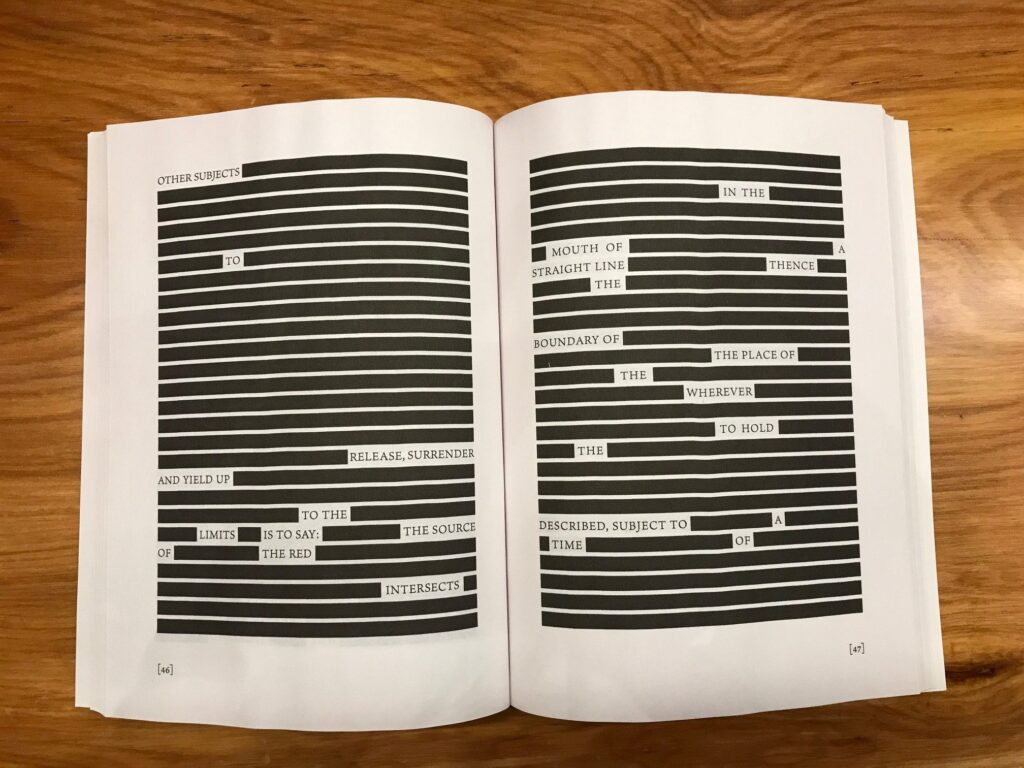
I always get a bit of imposter-syndrome reviewing poetry because I read so little of it, but as basic as my poetic education is, I can say with certainty that I liked reading this book, even though I struggled with some of the language. Today you should be reading a Canadian book, but challenge yourself to read something you won’t immediately ‘get’. Use today’s call to action to propel you into a genre or topic you need to learn more about, all while supporting our country’s publishing industry.


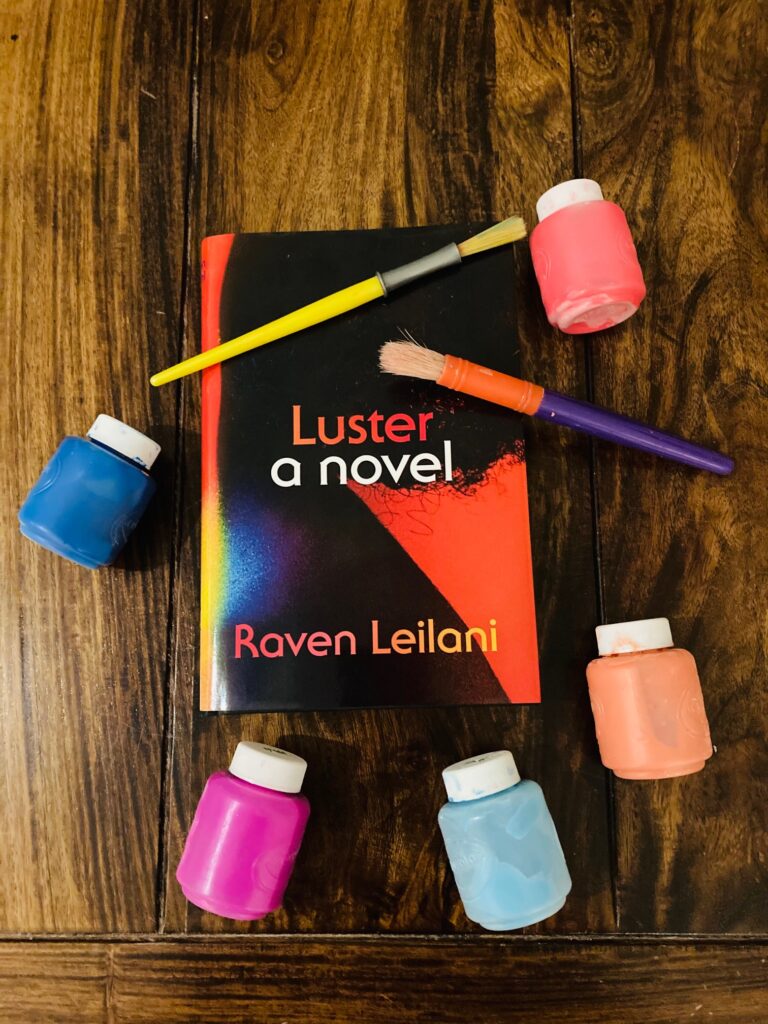
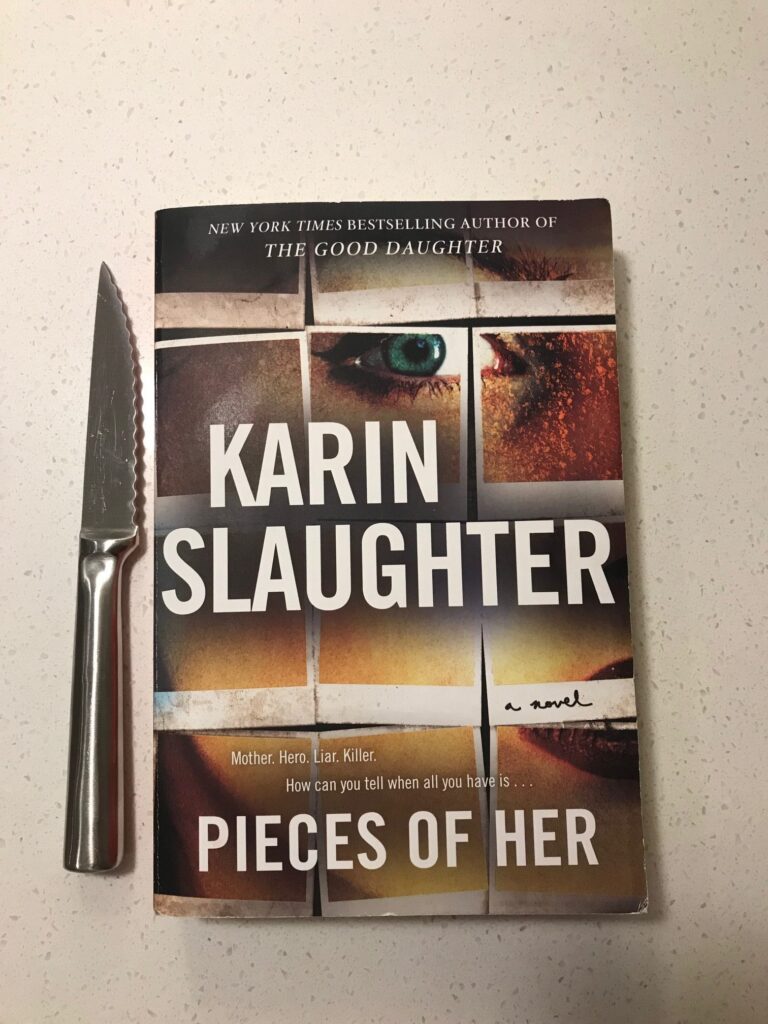
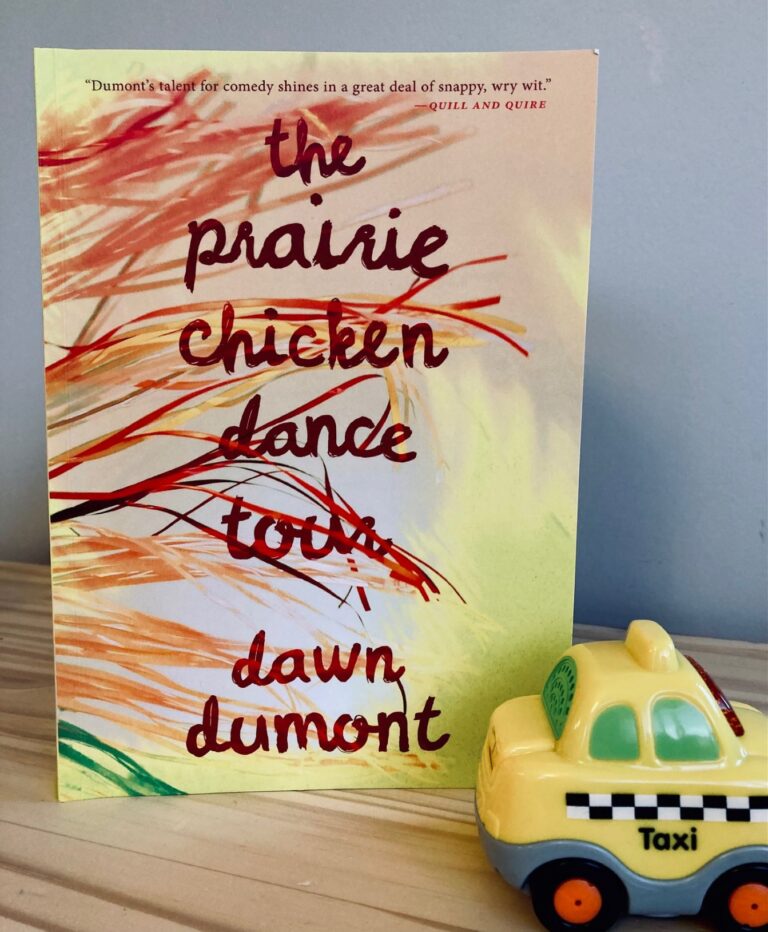
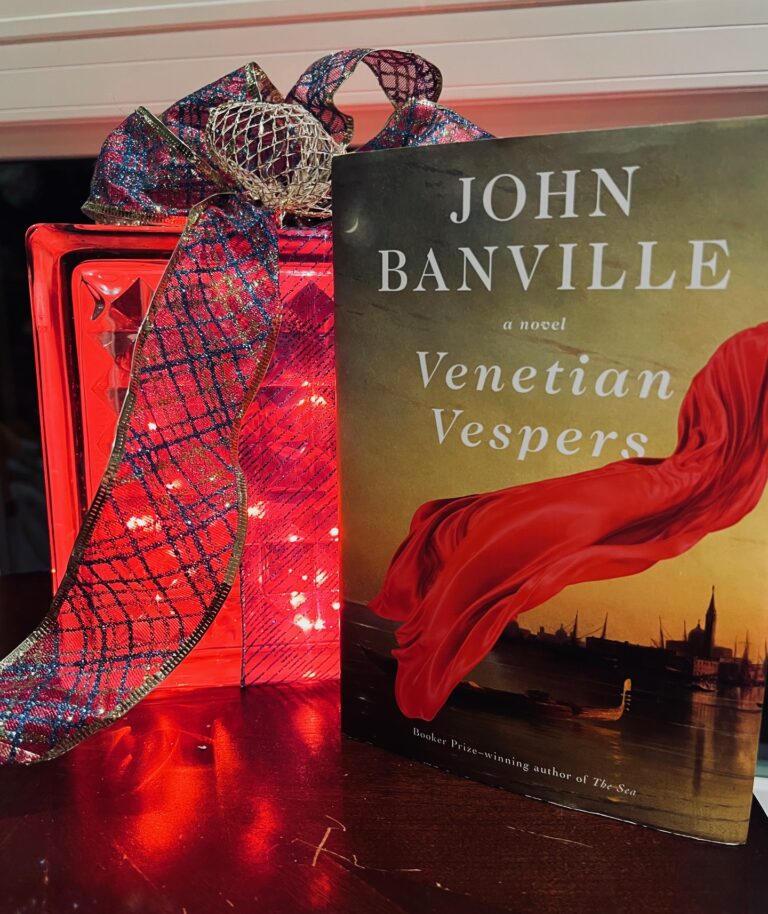
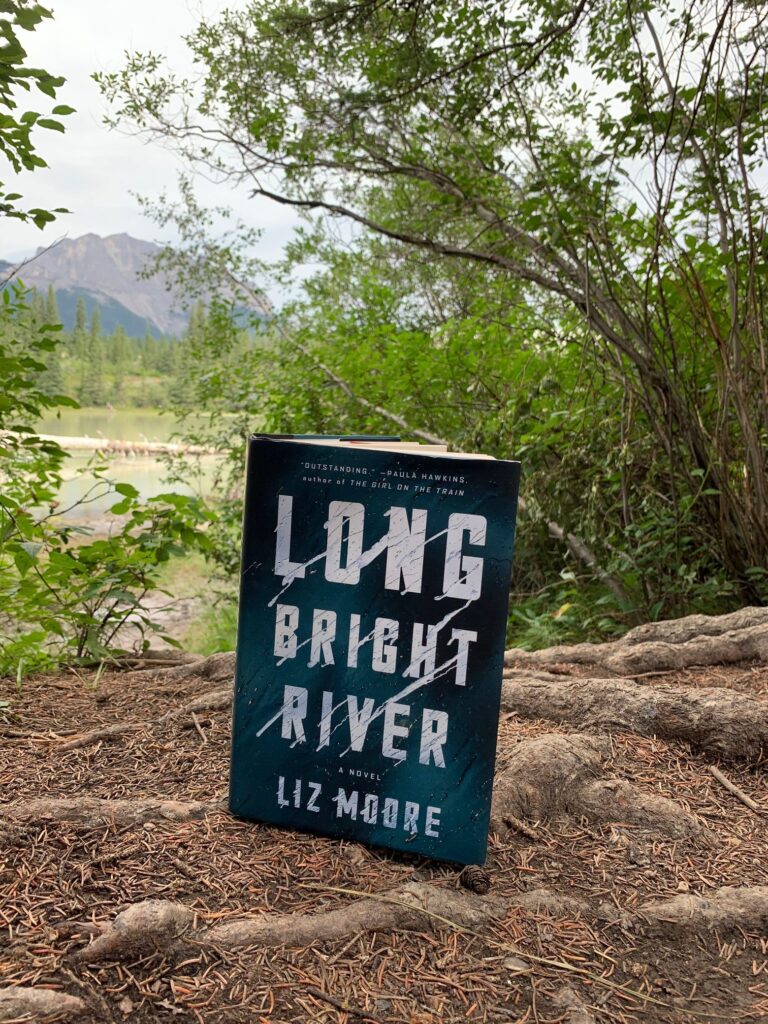
Ah, black out poetry! It’s popular right now. People take an existing text and highlight a found poem by blacking out the rest of the page.
I wish more poets would explain the inspiration for a poem. It makes me connect more and better see the dots they want me to connect. Otherwise, I’ve wound myself around the phone cord of some crazy-obscure poetry.
Ok this is why I’m so glad your in my life, I had no idea black out poetry was a thing!!!
At first I was thinking it was almost too easy, but then I had to remind myself that poetry can be fun and playful, too. The words are there, and you’re limited by the words available, but you still have to make something of them.
I’m afraid that blacked out stuff would give me a headache – two, in fact: a literal one and a metaphorical one. The word “experimental” makes me want to run for the hills – I fear for me it signals the author/poet doesn’t trust the words to speak for him/her. But then I’m a cynical old so-and-so… ;) Glad you enjoyed it, and despite my cynicism I agree it’s good to stretch ourselves occasionally!
Great review! I’ve seen this floating around and I love poetry (though I don’t read enough of it) but I wasn’t sure if I could get into this one. Though I definitely agree that reading books that make you uncomfortable can be so important and I’ve appreciated the Indigenous writing I’ve read recently for opening my eyes to a different experience of Canada.
Totally! I just heard Desmond Cole speak last night, and he DEFINITELY opened my eyes to a Canada I didn’t know/want to admit existed.
Yes! A few books I’ve read from Indigenous authors in the last year or so, I initially felt really defensive as I read them. But it was actually so good to sit and think about why I felt that way and think about things from a different perspective and identify my own privilege. It’s a powerful thing for an author to do.
I feel defensive almost every single time i read an indigenous author, but as you say, it’s a good thing to think about why we feel that way
Me too! It can be painful but very eye-opening and I hope it’s making me a more thoughtful person.
I don’t know if this particular book and I will ever cross paths, but I definitely agree with you about reading different perspectives and books that make us uncomfortable. I wish more people did this!
you and me both! It’s what I keep preaching about on my blog it feels like haha